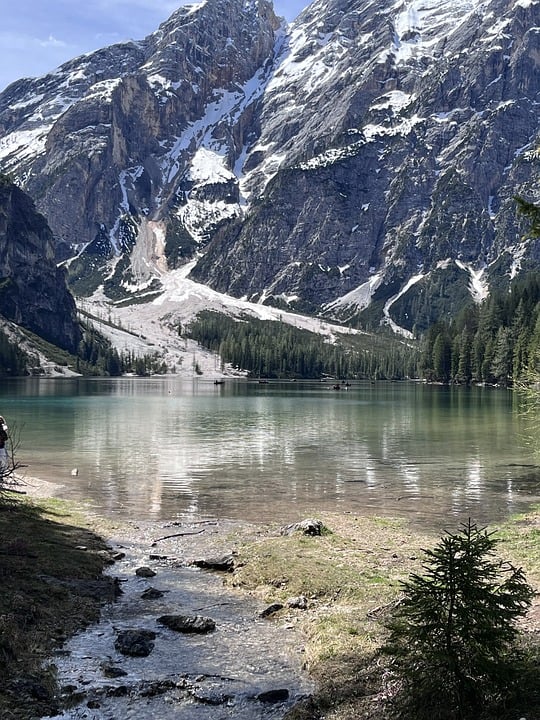[ad_1]
In today’s rapidly changing world, where technology and innovation dominate our daily lives, it is easy to overlook the significance of ancient rituals and traditions that have been practiced for centuries. However, these rituals hold a deep connection to our past and continue to shape our present and future in profound ways. In this article, we will explore the importance of honoring the past through ancient rituals, the impact they have on our lives today, and how they can guide us towards a more sustainable and fulfilling future.
The Historical Context of Ancient Rituals
Ancient rituals have been a cornerstone of human society since the dawn of civilization. From religious ceremonies to traditional rites of passage, these rituals have played a vital role in shaping cultural identity, fostering social cohesion, and connecting individuals to their communities and the natural world. The significance of these rituals cannot be overstated, as they provide a sense of continuity and belonging that transcends time and space.
Some key points to consider about the historical context of ancient rituals include:
– Ancient rituals often have roots in mythology and folklore, weaving a rich tapestry of stories and symbols that hold deep meaning for those who participate in them.
– These rituals were often designed to mark important milestones in individual and community life, such as birth, marriage, and death, as well as the changing seasons and agricultural cycles.
– Ancient rituals were also used to invoke spiritual and divine forces, seeking guidance, protection, and blessings for the community as a whole.
The Current State of Ancient Rituals
In today’s fast-paced and modern world, ancient rituals have experienced both a revival and a decline. While some traditional practices continue to thrive in certain cultures and communities, others have fallen by the wayside as globalization and urbanization have eroded traditional ways of life. However, there is a growing interest in reclaiming and rediscovering ancient rituals as a means of reconnecting with our roots and finding meaning in an increasingly fragmented and disconnected world.
Some key points to consider about the current state of ancient rituals include:
– Many indigenous cultures around the world continue to practice ancient rituals as a way of preserving their cultural heritage and maintaining a sense of identity in the face of modernization and globalization.
– In Western societies, there has been a resurgence of interest in ancient rituals such as meditation, yoga, and mindfulness practices, as people seek to find balance, harmony, and spiritual fulfillment in their lives.
– The popularity of wellness retreats, eco-friendly lifestyles, and sustainable living practices reflects a growing awareness of the interconnectedness of all living beings and the importance of honoring the natural world through ancient rituals and traditions.
The Future of Ancient Rituals
As we look to the future, ancient rituals have the potential to play a crucial role in shaping a more sustainable, compassionate, and harmonious world. By drawing on the wisdom of our ancestors and the teachings of ancient traditions, we can learn valuable lessons about how to live in harmony with nature, cultivate inner peace and resilience, and build resilient and inclusive communities that honor the diversity of human experience.
Some key points to consider about the future of ancient rituals include:
– Ancient rituals can provide a roadmap for navigating the challenges of the 21st century, offering guidance on how to cultivate mindfulness, compassion, and empathy in a world that is increasingly divided and polarized.
– By incorporating ancient rituals into our daily lives, we can create a sense of continuity and connection that transcends time and space, fostering a deeper sense of belonging and solidarity with all living beings.
– As we face existential threats such as climate change, social injustice, and political instability, ancient rituals can serve as a source of strength, resilience, and hope, inspiring us to work together towards a more just, equitable, and sustainable future for all.
Conclusion
In conclusion, honoring the past through ancient rituals is not just a nostalgic or sentimental act – it is a vital and urgent imperative for our collective well-being and survival. By embracing the wisdom of our ancestors and the teachings of ancient traditions, we can find meaning, purpose, and direction in a world that is increasingly complex and uncertain. As we move forward into an uncertain future, let us remember the power of ancient rituals to guide us towards a more sustainable, compassionate, and harmonious world. Thank you for joining us on this journey, and we invite you to explore further resources and opportunities for delving deeper into the transformative power of ancient rituals in our lives.
[ad_2]
